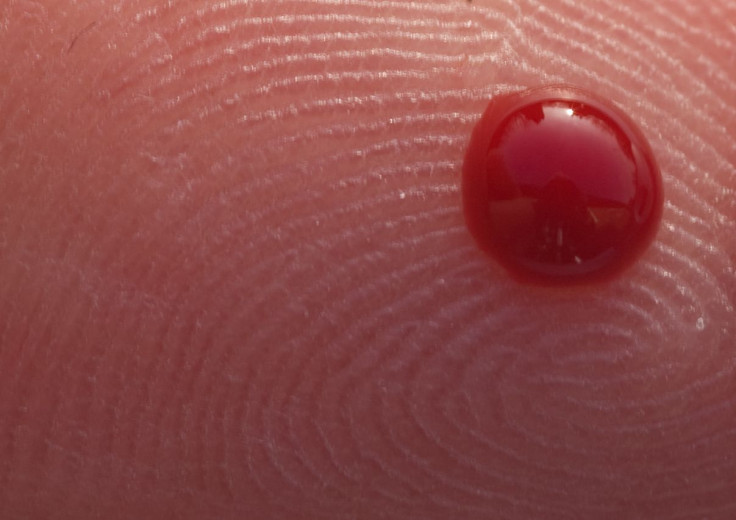Diabetes Drug Valproic Acid May Protect Against Severe Blood Loss And Prevent Death

Oftentimes, the human body bleeds following a trauma. While superficial bleeding isn’t too big of a problem, massive blood loss often leads to death when transfusions or other medical treatments are unavailable. For this reason, researchers are currently testing new drugs that would be able to keep seriously bleeding people alive as they make their way to the hospital. Developing and understanding these drugs has proven to be challenging, but new research has revealed the way a diabetes drug may be able to protect a person during severe blood loss.
The study, published in the British Journal of Pharmacology, was a collaboration between scientists from Royal Holloway, University of London, St. George’s, and University of Surrey. Scientists have identified a drug related to commonly used diabetes treatments that seems to provide protection against terminal blood loss.
“Our study provides strong evidence that compounds related to the treatment of diabetes could be used to protect against death induced by massive blood loss and save many lives,” said Professor Robin Williams, from the School of Biological Sciences at Royal Holloway, in a press release.
Williams said the team began looking at a widely used treatment for bipolar disorder and epilepsy, called valproic acid, because it’s been shown to safeguard against terminal blood loss. “By identifying how valproic acid works, we have been able to find more potent drugs, including compounds of the thiazolidinedione class of drugs that are used as hypoglycaemic treatments for diabetes,” he said.
Valproic acid, in addition to functioning as a treatment for seizures and bipolar disorder, prevents migraine headaches. The drug works by restoring the balance of certain neurotransmitters in the brain. According to the study, valproic acid “provides acute protection against hemorrhagic shock-induced mortality in a range of in vivo models through an unknown mechanism.”
An estimated 40 percent of early human deaths due to trauma are caused by hemorrhage and the resulting shock of blood loss. Sixty-two percent of these deaths occur in the first four hours after trauma is inflicted. Therefore, timely management of this condition is imperative to saving lives.
The research focused on identifying drugs that would likely protect against shock in this condition, most importantly during the critical four hours post incident.
Source: Williams R, Zuckermann A, La Ragione R, Baines D. Valproic acid protects against hemorrhagic shock-induced signaling changes via PPARy activation in an in vitro model. British Journal of Pharmacology. 2015.
Published by Medicaldaily.com



























